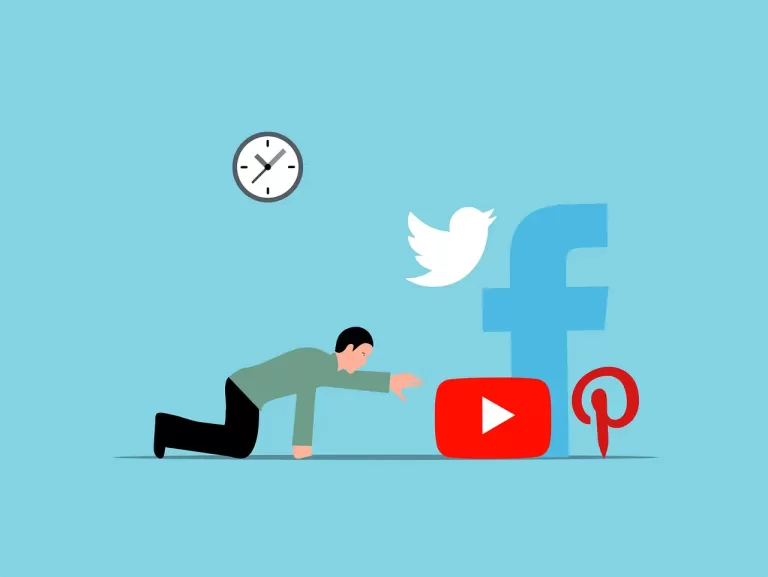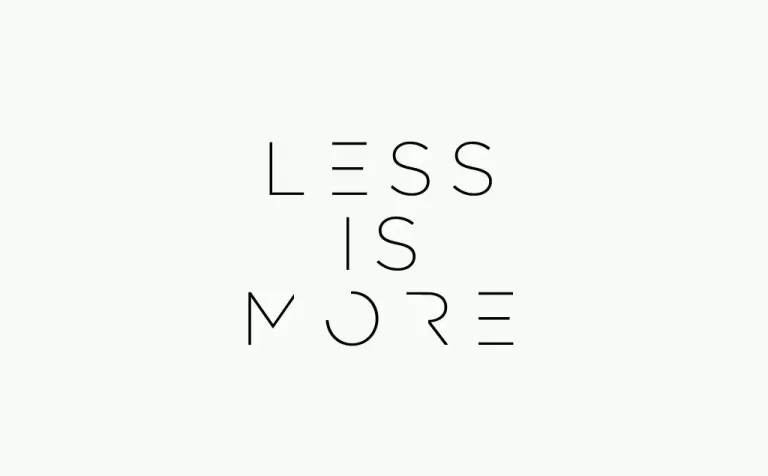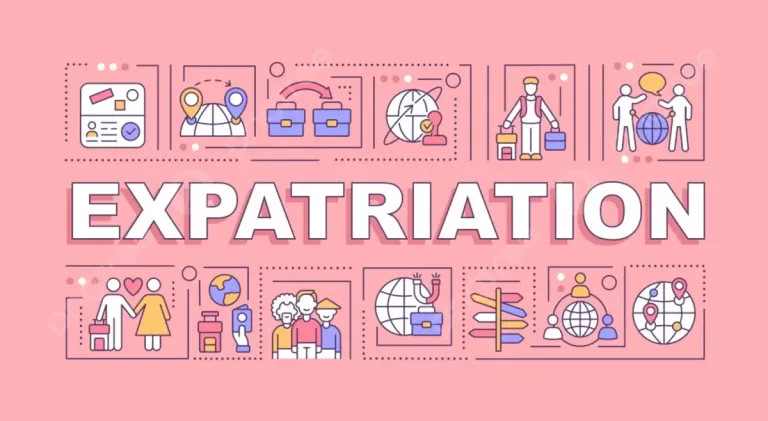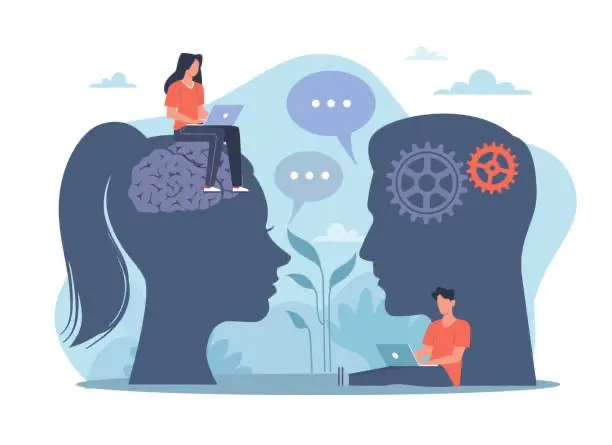Have you ever wondered why some people always seem to want more, no matter how much they have? Why they are never content with their lives, their jobs, their relationships, their possessions? Why they are always chasing the next big thing, the next shiny object, the next thrill?
Well, I have a theory. And it’s not because they are greedy, or selfish, or ungrateful. It’s because they are human.
Humans are wired to seek novelty, variety, and challenge. We are curious creatures who crave stimulation and growth. We are not meant to stay in one place, doing the same thing, day after day. We are meant to explore, to learn, to discover, to create.
This is what makes us amazing. This is what drives us to invent new things, to solve new problems, to reach new heights. This is what makes us happy.
But there is a downside. Because we are always looking for something new, we tend to get bored with what we have. We take things for granted. We lose appreciation. We forget how lucky we are.
And this is what makes us miserable. This is what drives us to compare ourselves to others, to feel inadequate, to chase happiness in external things. This is what makes us unhappy.
So how do we balance these two sides of our nature? How do we enjoy the journey without losing sight of the destination? How do we appreciate what we have without settling for less?
I don’t have a definitive answer. But I have some suggestions.
1. Practice gratitude. Every day, take some time to acknowledge and appreciate the good things in your life. The people who love you, the opportunities you have, the experiences you enjoy. The simple pleasures that make you smile. The challenges that make you grow. The achievements that make you proud.
2. Set goals. Every day, take some time to think about what you want to achieve in your life. The dreams you have, the passions you pursue, the impact you make. The things that excite you, that motivate you, that inspire you.
3. Take action. Every day, take some time to work towards your goals. The steps you take, the skills you learn, the habits you form. The actions that move you forward, that bring you closer, that make you better.
Finally, Enjoy the process. Every day, take some time to have fun along the way. The surprises you encounter, the adventures you embark on, the memories you create. The moments that make you laugh, that make you feel alive, that make you happy.
Why are people never satisfied? Because they are human.
knowwwledge.
And that’s okay.
As long as we remember to be grateful for what we have. To strive for what we want. To do what we can. And to enjoy what we do.
Less is More
The phrase “less is more” means that having or doing less of something can actually be more beneficial or satisfying than having or doing more of it. There are many benefits of adopting this principle in different aspects of life, such as:
- Having less stuff can create more space and reduce clutter, which can improve your mood and well-being.
- Spending less money on unnecessary things can help you save more money for the future and avoid debt and guilt.
- Wearing less clothes can make your closet more organized and your dressing decisions more simple.
- Working less hours can increase your productivity and creativity, as well as your health and happiness.
- Eating less food can help you maintain a healthy weight and prevent overeating and waste.
- Consuming less resources can reduce your environmental impact and help preserve the planet for future generations.
- Thinking less negatively can boost your self-esteem and optimism, and help you cope with stress and challenges.
- Saying less words can make your communication more effective and meaningful, and avoid misunderstandings and conflicts.
These are just some examples of how less is more. Of course, this does not mean that you should deprive yourself of everything or live in extreme austerity. It means that you should be mindful of what you really need and value, and let go of what does not serve you or others. By doing so, you may find that you have more time, energy, freedom, and joy in your life.
The KISS Principle
The “Keep it simple, stupid” (KISS) principle started as a design rule that states that systems perform best when they have simple designs rather than complex ones. It was coined by Kelly Johnson, an engineer at the Lockheed Skunk Works, who challenged his team to design aircrafts that could be repaired by an average mechanic in the field with basic tools. The KISS Principle is equally effective in adopting a more straightforward lifestyle.
To apply the KISS principle to your lifestyle, you can try to:
- Simplify your goals and priorities. Focus on what matters most to you and let go of what does not. Break down your big goals into smaller and achievable steps.
- Simplify your schedule and routines. Plan your day and week ahead and stick to it. Avoid overcommitting and multitasking. Set boundaries and say no to things that are not important or urgent.
- Simplify your possessions and environment. Declutter your home and workspace and keep only what you need and love. Organize your belongings and label them for easy access. Donate or sell what you don’t use or need.
- Simplify your finances and budget. Track your income and expenses and see where you can save or cut costs. Pay off your debts and avoid unnecessary spending. Set up automatic payments and savings for convenience and security.
- Simplify your health and wellness. Eat healthy and balanced meals and avoid processed and junk food. Drink plenty of water and limit alcohol and caffeine. Exercise regularly and get enough sleep and rest. Meditate and practice gratitude daily.
In other words – Simplify your Life!
knowwwledge.








Why are some people never satisfied?